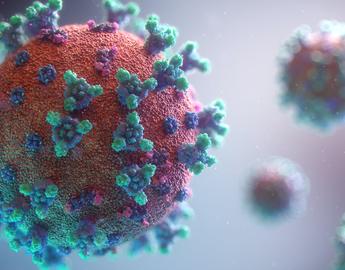
Protecting Every Pregnancy Canada (PEP-C)
Supporting all pregnant individuals, babies, and families across Canada through patient-oriented research, collaboration, and evidence-based information on disease prevention.
What can I do to stay healthy and protect my baby?
We co-exist with many bugs and germs. Some are very good bugs and help us stay safe from bad bugs. There are many ways infections or “bad bugs” can affect our lives and the lives of our babies. Here are some ways to stay healthy and protect yourself.







